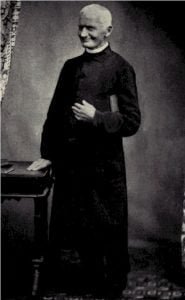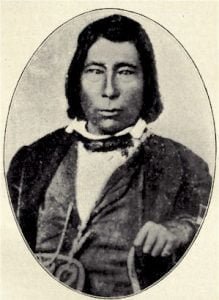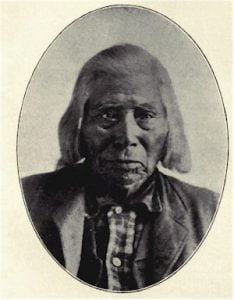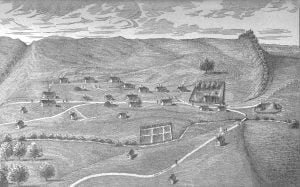Casualty Report – Battle at Tohotonimme
Report of the killed, wounded and missing in the battle at To-hoto-nim-me, May 17, 1858 Company C, First Dragoons. Killed Brevet Captain O. H. Taylor Private Alfred Barnes Mortally wounded Private Victor Charles De Moy Severely wounded Privates James Lynch and Henry Montreville Slightly wounded Farrier Elijah R. Birch Company E, First Dragoons Killed Second Lieutenant William Gaston Mortally wounded First Sergeant William C. Williams Severely wounded James Kelly, William D. Micon, and Hariet Sneckster. Slightly wounded James Healy, Maurice Henly, Charles Hughes, and John Mitchell. Company H, First Dragoons Killed Privates Charles H. Harnish and James Crozet Missing First … Read more




